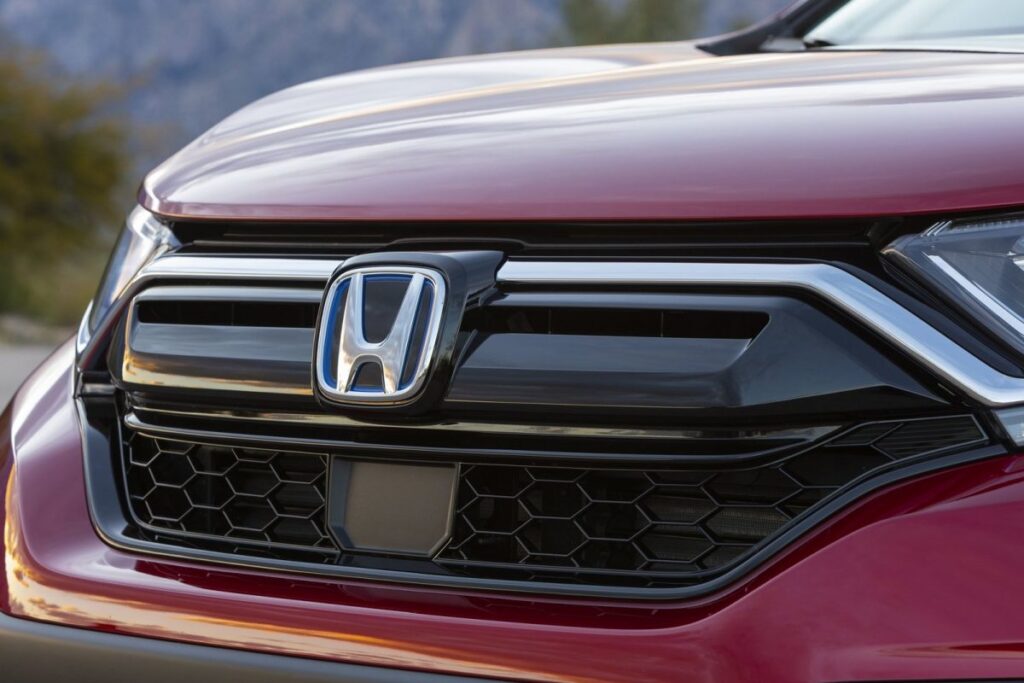Honda is the world’s fifth largest carmaker, as well as the world’s biggest motorcycle maker. Furthermore, it is the world’s biggest manufacturer of internal combustion engines for all kinds of purposes. While that’s beyond impressive, it won’t mean much in the future, as the automotive world is turning to emissions-free cars.
Fortunately, the Japanese manufacturer has a plan, for them. Of course, it is mostly about electrification. Just like any other carmaker in the world, Honda also works on electric cars and the plan is to get rid of internal-combustion cars by 2040, and to become emissions-free by 2050.
Still, Honda management is perfectly aware that electrification isn’t the only technology they can rely on. We’ve seen some pretty interesting designs in the past, particularly in terms of hydrogen fuel cells. Nowadays, this company wants to commercialize another technology.
This time, it’s about carbon-capture algae technology. Honda is going to test mass production of the organic material this fall and build a new facility of about 1,000 square meters. The algae are capable of capturing and sequestering CO2 as a natural carbon sink, while the company also plans to use it to make biofuel and plastics, as an alternative to corn and soybeans biofuel, which is becoming very expensive these days.
The catch with these algae is that they aren’t just capable of capturing emissions but also storing them permanently so they do not enter back our atmosphere.
From what we can hear from the officials, Honda has already improved algae’s growing process – 32 times in a single day, compared with once or twice per day for ordinary algae. Moreover, the new algae are also far more resistant to infections, which should significantly improve the whole production process.
The company plans to use this biofuel for HondaJet airplanes, as well as for electric vertical take-off and landing aircraft or eVTOLs. Allegedly, this will be ready for use already in 2030.
Meanwhile, Honda is continuing to reduce emissions. Its scope 1 and 2 carbon emissions for 2021 dropped down to 4.5 million tons, compared to more than 5 million tons in 2020.
The company has already pledged to phase out sales of gasoline-powered cars by 2040 and achieve zero emissions for its entire supply chain by 2050.
